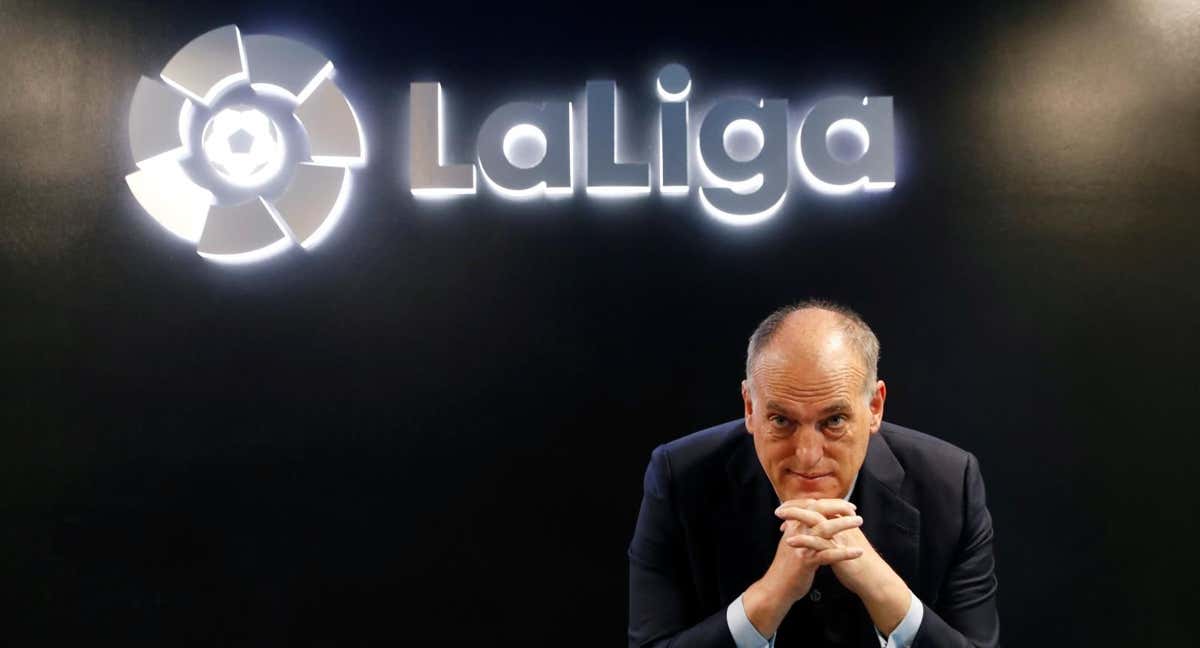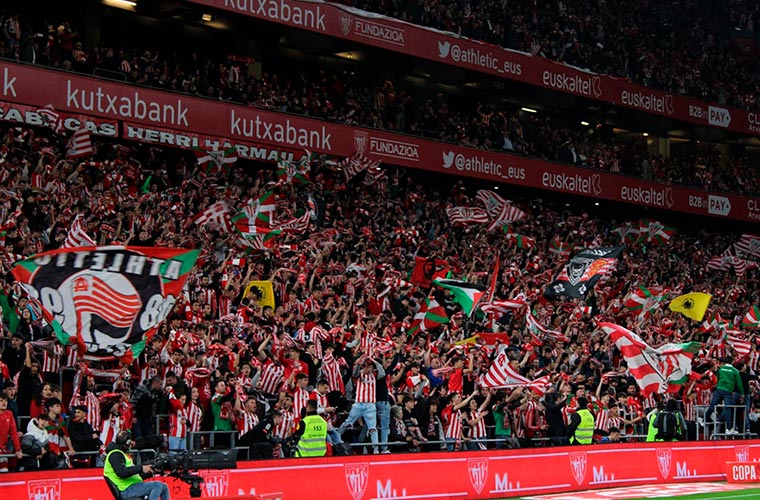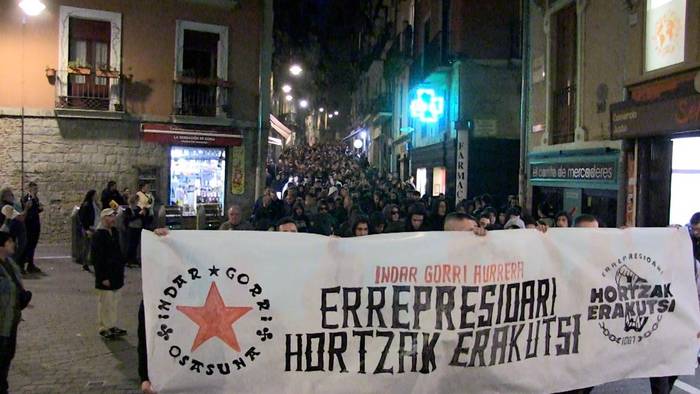Athletic white and red, you're the boss, but what?
- Sociological reflection on the (im)mobilizing capacity of male professional football (article published by the journal Campus of the UPV/EHU)

With the excuse of the recent Copa del Rey won by the male team of Athletic de Primera División de Fútbol and before starting to talk about the phenomenon of football, it should be noted that this is a brief sociological analysis of a non-player Donostian sociologist. That is why those who want to continue to enjoy the blurry joy that affects many would like to congratulate and ask that they do not continue reading. Well, for those of us here salute, congratulations and enjoy the celebrations.
For those who have decided to continue reading, both for sociological curiosity and morbidity, I advance that, on these dates of celebration, it is an attempt to help understand the phenomenon of male football, which is the only activating mass that becomes incomprehensible, and especially its collateral damage, instead of concluding hausnarketa.Ezer presented below, is a reflection that seeks, moreover, to raise as a dilemma or dichotomy. Because things, as you know, are not white or red, sorry, black or white. Things are often more complex.
However, it seems that, in both quantitative and qualitative sociological terms, the most striking aspect of male primary football as a social phenomenon is its ability to mobilize and immobilize so many people.
As for mobilisation, what attracts so many people to football stadiums and television broadcasts around them? Although many scientific societies have tried to answer this question, today none of the answers has been able to fully explain the force of attraction of football, a mass phenomenon.
"The most striking aspect of male premier league football as a social phenomenon is its ability to mobilize and immobilize so many people"
Among the different components, at least in today's football hobby, there is an intergenerational tradition that often goes from grandparents to parents to friends.
There is, however, a specific and significant (ar)collective dynamic which, ideologically, seems to derive from the force of attraction generated by a figurative war against all these “others”, the sum of people really different in the economic, social or other spheres (especially that of men, and hence the idea of (ar) group). Perhaps because it is one of the few opportunities to be part of a “simple” and welcoming collective, to follow a football team in our complex individualistic society. Part of an We, built against Those who can be “hated” (and not so civilized). A postmodern religion, perhaps, with its liturgies and cathedrals, as the stadium of San Mamés is known.
But this huge mobilization hides even greater immobilization. In short, and although the following may be considered populist, why do we not have so much boiling and excitement celebrating the results of female football? Why do we not see homosexual football men celebrating their achievements in the media with their partners – I do not see them having to make a formal statement, but if there are, and there are, that with their partners they can appear naturally in the media? Or, why don't we look at the ecological impact of these, in addition to the few economic benefits that these sports events generate? For the maintenance of giant stadiums, as for the pollution caused by the travels and celebrations of their followers, among others.
What about the violent manifestations that it creates, enables, amplifies? Among others, those already mentioned Gu-Those based surely on the opposite logic. Sports in general and football in particular are often said to be an excellent means of social cohesion. Sure enough. But also quite the opposite, and the different clashes that we're seeing over the past few years, like ultra-intergruous followers or racist cries targeting players, are a clear example of that.
That is why, although I hate recognition, it seems that we should look at the role it plays as panem et circenses to explain the social impact of male professional football, and seeing the overlap of the celebrations of Athletic and the electoral campaign of the Basque Autonomous Community, this dynamic of mobilization seems to last a long time.
The other day, therefore, Athletic Male won a male football game, yes, but I think once again, as a society, we lost opportunities to continue moving towards another more sustainable and socially just model. But it is known, except the sociologists who are followers of Athletic, and who forgive me for what I said here from my teacher Aierdi, everyone else is quite frustrating.
Historia errepikatzen dela idatzi zuen Marxek, “lehenik tragedia gisa, gero fartsa moduan”. Armagintzaren eta militarismoaren inguruan errepikapen hutsa ez, espiralean goraka doan buklea ari gara bizitzen, fartsatik asko duena, eta tragedian amaitzeko gero eta aukera... [+]
Azken aldian, asteburuetan, Internet ez dabil ondo. Hasieran, zaila zen webguneei ezarritako blokeoen zergatia ulertzea; orain, badakigu Espainiako La Ligak agindu zituela, futbola modu ilegalean emititzea saihesteko. La Ligaren blokeoak euskal domeinuei eragiten dien... [+]
Ertzaintzak martxoaren 13an Bilbon zauritutako bi pertsonaren testigantza jaso ditugu. Athleticen partidaren ostean larriki zauritu zituzten aita-semeak, borra-kolpeka, eta atxilo eraman zuten haietako bat. Furgonetatik ikusi zuen ertzainek nola egin zuten tiro jendearen kontra,... [+]
Iazko udan ere Alacant aldera hurbildu ginen eguraldi hobea aurkitu nahian eta, urtero bezala, egun batez, Benidorm erraldoian sartu ginen hango giroan murgildu, zerbait hartu eta seme-alabekin izozki edo gofre bat dastatzeko asmoz.
Hiri bitxia da, denetarik aurki dezakezu... [+]
Iñigo Cabacas Herri Harmaila taldea eta Athleticen arteko harremana nahaspilatuta dago azkenaldian. Iñigo Cabacas Herri Harmailako Iñigorekin hitz egiteko aukera izan dugu astelehenean.









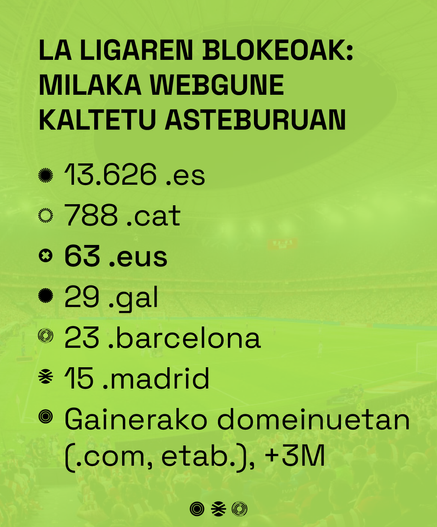
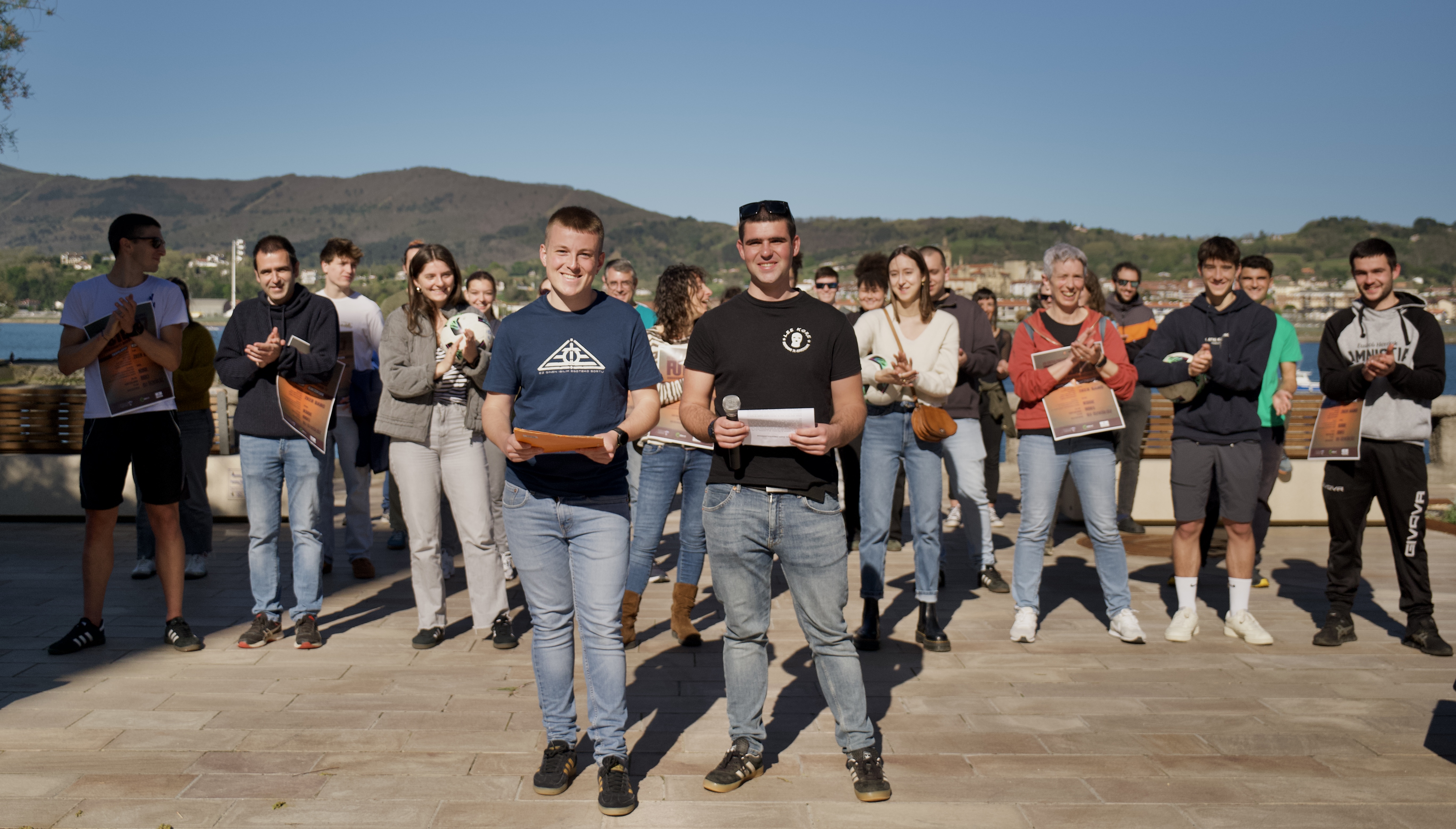

.jpg)
